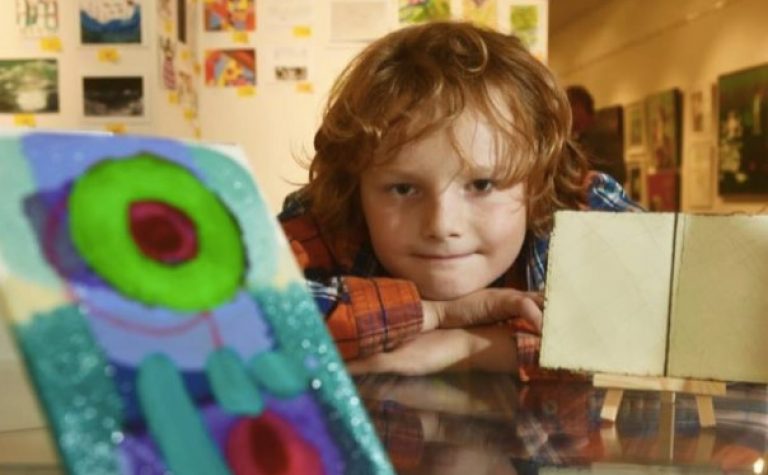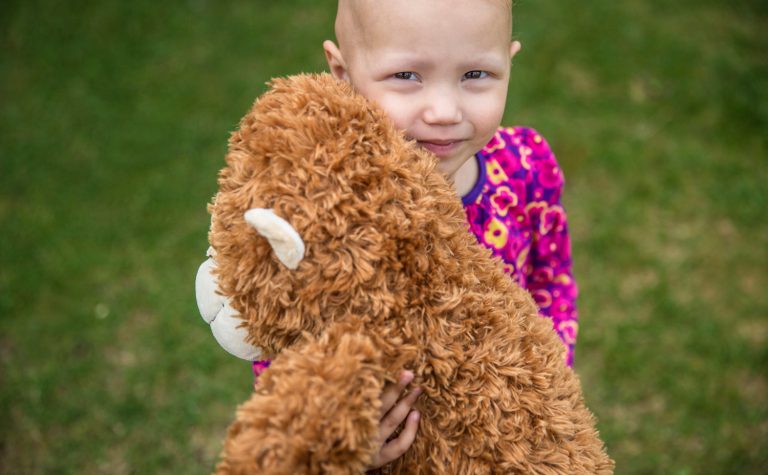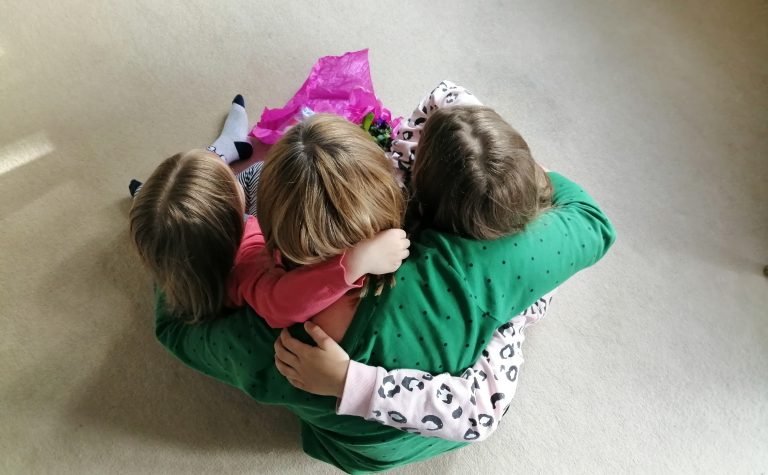Sharing what helped for us
This is part of a self-help leaflet or book that I have been meaning to write, to share the coping strategies I found through my son’s four-year odyssey through
leukaemia and PTSD. My son Henry was seven years old when he was diagnosed with
Acute Lymphoblastic Leukaemia. He is now 11 and has been off treatment for one year. He is in remission and has good odds for staying cancer free, long may it stay that way. It has always been very difficult to explain the life-altering effect of having your child diagnosed with cancer. Unfortunately, as we find ourselves three weeks into the
Covid-19 pandemic there are too many similarities to the ‘new normal’ of a childhood cancer diagnosis. People are getting an insight into a way of life that becomes normal for many families battling cancer. When Henry finished his treatment in March 2019, we found that we had transitioned from cancer-related physical health issues to helping him through extreme separation anxiety and panic attacks. Most of 2019 was spent very gently and persistently encouraging and supporting Henry, making him feel safe again and building his confidence to re-engage with the world. Henry, his Dad and I would really like to share the things that helped us through in the hope that they may help you and your family too. I think that by counting every tiny achievement each day like this, it will eventually add up to you being able to do more than you ever imagined.


